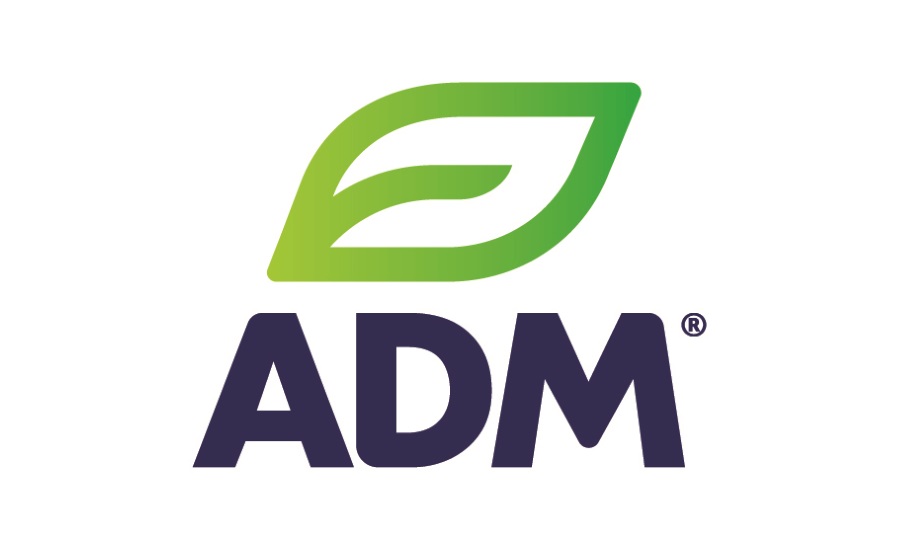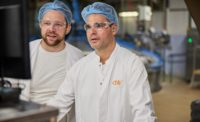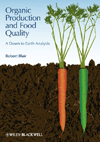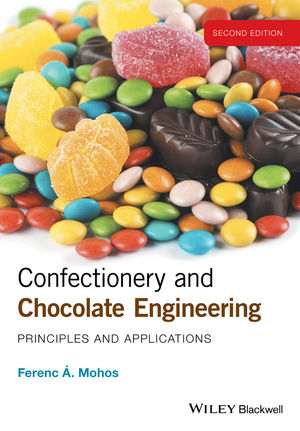ADM has announced that the company has achieved net carbon neutral status for its U.S. flour milling operations. This accomplishment is an industry first of its kind and scale. The company has 22 mills around the U.S. that process wheat, sorghum and corn into flour.
ADM achieved net carbon neutral status at its U.S. mills through a combination of energy efficiencies, purchase of renewable energy certificates, and sequestration of carbon dioxide at the company’s commercial carbon capture and storage facility.
“Consumers increasingly expect their food to come from companies that share their values,” said Tedd Kruse, president, Milling & Baking Solutions. “ADM is proud of our position as a trusted and capable partner in delivering responsibly and sustainably sourced ingredients that meet heightened consumer expectations. We know that our downstream customers are interested in reducing the carbon footprint of their supply chains, and we are eager to help them meet their goals with our net carbon neutral milling network.”
Data shows that consumers are more aware of carbon, and taking steps to reduce their own environmental impact, driving demand for sustainable goods and carbon labeling. According to the 2020 Euromonitor International Lifestyle Survey, 68 percent of consumers are worried about climate change, 37 percent are cutting their personal carbon emissions, 22 percent are offsetting their carbon footprint, and 67 percent support carbon labeling.
“Transitioning to cleaner energy is a major focus for ADM as we work toward our 2035 environmental goals and support the transition to a lower carbon economy,” said Chris Cuddy, ADM senior vice president and president, Carbohydrate Solutions. “By lowering the emissions of our operations, we are helping our customers advance their sustainability commitments as well.”
Around the world, ADM has been working to reduce the environmental footprint of its operations. At its U.S. flour mills, this has included energy efficiency projects, technology updates, and the replacement of older facilities with new state-of-the-art mills. Further, ADM has lowered the carbon footprint of its U.S. flour milling network through the purchase of renewable energy certificates. These represent electricity generation from renewable sources, such as solar, wind, or hydro.
Lastly, ADM is using carbon capture and storage technology to compensate for emissions generated at the company’s U.S. flour mills, a unique way ADM has been able to achieve net carbon neutral status. Located in Decatur, IL, ADM’s facility permanently sequesters carbon dioxide a mile underground, preventing it from being emitted into the atmosphere.
Through increased energy efficiency and reductions in energy use, ADM was able to achieve its 2020 environmental goals ahead of schedule. Further efficiencies and reductions will contribute to ADM’s Strive 35 targets, which include reducing greenhouse gas emissions by 25 percent and energy intensity by 15 percent by 2035, against a 2019 baseline.







